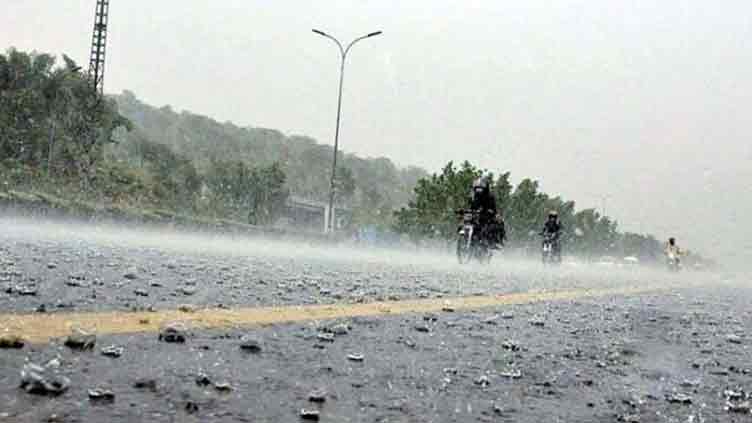Lahore: Heavy rains and intense thunderstorms struck Punjab, leaving behind a trail of devastation. At least 18 people lost their lives in rain-related incidents, and 110 others suffered injuries. The Punjab Provincial Disaster Management Authority (PDMA) confirmed the figures on Monday.
DG PDMA Punjab, Irfan Ali Kathia, spoke to the media. He called the weather conditions unusual and beyond all predictions. He said that although the weather office had warned about heavy showers, no one expected the storm to hit with such force.
Kathia shared a shocking update. He revealed that 124 cases of building collapse had been reported so far across the province. Most of these disasters were linked to rooftop solar panels. According to him, the panels were not installed with proper safety precautions.
“Eighty percent of the structural collapses involved solar plates,” he said. “Only three incidents were unrelated. The rest were directly caused by poor solar panel setups.”
He made it clear that the government supports solar energy. But he insisted that all future installations must follow safety guidelines. Without proper safety, such climate-triggered mishaps will continue to rise.
The DG also warned people to brace for more extreme weather. He blamed the rising global temperatures for the increased number of rain-related incidents and heatwaves.
“We are living with the impact of a 1 to 1.5°C rise in worldwide temperature,” Kathia explained. “This is the second straight year we’ve seen a sudden 7°C increase during summer. It leads to deadly heatwaves and harsh storms.”
He highlighted the Cholistan desert as one of the worst-hit areas. He said it’s extremely difficult to manage heatwave conditions in Cholistan due to water shortage and sparse population.
To reduce the risk of future rain-related disasters, the government has taken several steps. These include clean water supplies, early warning alerts, and relief efforts.
Still, Kathia believes short-term solutions are not enough. He called for joint action across the region.
“If we want to lower the temperature, we must act now,” he said. “We need large-scale tree plantation, smarter urban planning, and unity across South Asia.”

